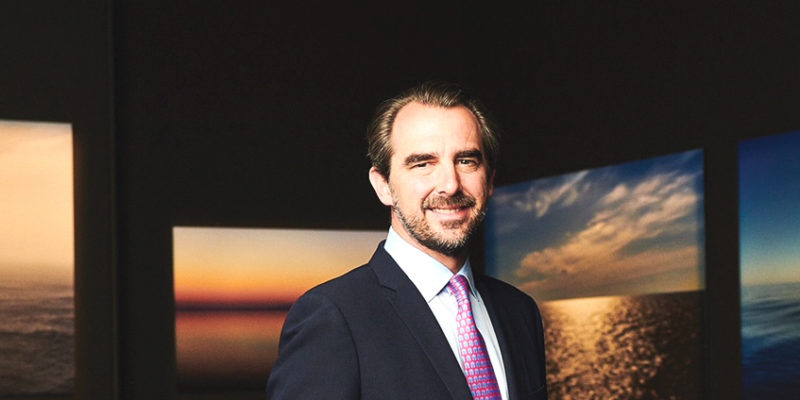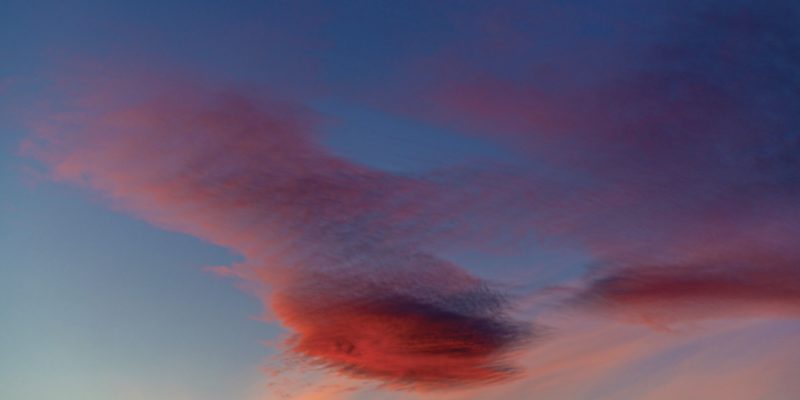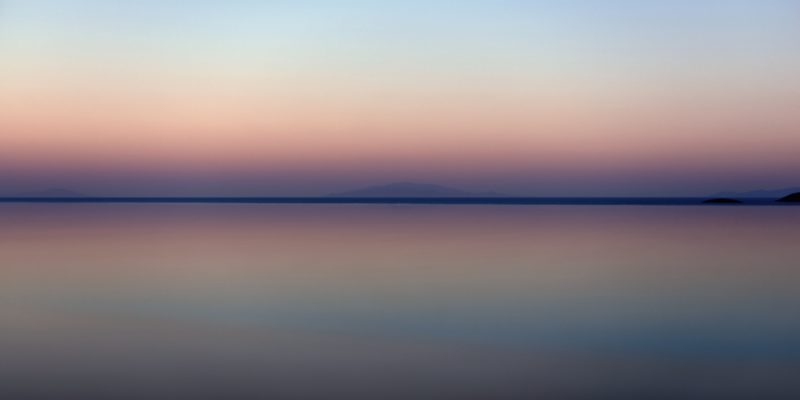At the end of the last century, prince Nikolaos of Greece accompanied his father, King Constantine, former king of Hellenes, as is his correct title, to Cyprus. They were to attend the World Sailing Annual Conference, of which Constantine was, as a golden Olympic medallist in sailing, the honorary president. At night, the event’s organisers invited all participants to a venue with Greek music.
It was there that the following dialogue took place:
– It’s nice here, like Greece.
– Like Greece, but it’s not Greece.
At a time when his family was engaged in judicial litigation with the Greek government concerning their confiscated property, Nikolaos expressed through these few words his “nostos” (=longing) for his homeland, a word first mentioned by Homer’s Odysseus, a term widely used today within the word nostalgia.

Although born in Rome, the second-born son and third child of King Constantine and Queen Anna-Maria received a Hellenic education with the prospect of living in the land where his ancestors had reigned since 1863. While in neighbouring Italy, Nikolaos had a private Greek educator, and next, when his family moved to Great Britain, after the abolition of Constitutional Monarchy by the junta, he graduated from the Hellenic College of London which was founded by his father.
After finishing school, he studied International Relations at Brown University in the USA. Although he wasn’t obliged to, he served in the Royal Marines; next, he worked in TV production for Fox News in New York and in the Foreign Exchange Options department for Nat West Markets in London, before taking over his father’s private office. His persisting dream to live permanently in Greece became a reality in 2013, three years after his wedding with Tatiana Blatnik in Spetses. His consistent engagement with photography started at that time, even though, as he notes, there was a small precedent.

“During the summers, when we used to go on holidays to Spain, I would observe my uncle King Juan Carlos taking non-staged photos of people, mainly using a long lens. I must have been 12-13 years old. When my mother bought me an Olympus camera, I also started taking photos mainly of my friends and relatives. In the years to come, I would collect lenses and photographic accessories, until one day, my whole equipment was drenched and destroyed during a trip to Bangkok. Subsequently, I would borrow cameras, until my wife bought me a digital camera as a present.
“Even on an overcast day, there is light hidden behind the clouds just waiting to shine through”
. I remember us being in Arizona and while shooting the impressive landscapes I decided that this is what I want to do in my life, which is also what my wife had always encouraged me to do. On returning to Athens, I would spend hours taking photos not so much of the city, nor the people, but of the surrounding nature. The Greek Light, which has been praised since antiquity to this day, was the defining factor of my inspiration. I’ve been asked if my photographs have been computer enhanced. I always reply no. I just imprint reality, a reality which anyone can come across if one has the patience and finds himself at the right place.
I also think it would seem like a blasphemy to intervene in Nature’s work, whom I consider to be the world’s greatest artist”.

In November 2005 he exhibited his work for the first time at Christie’s in London. The following year his photography was featured at the New York Times’ Conference “Art for Tomorrow”, in Doha, Qatar.
In June 20018, his first solo exhibition was held at Melbourne’s Hellenic Museum, titled: “Phos: A Journey of Light”. Equally indicative is the title of his latest work which was exhibited at the historical Rundetarn tower in Copenhagen- gen. His next exhibition will take place in Doha, bearing the title “Aegean desert”. “It consists of a composition of dialogues among the desert landscapes and the Aegean sea”, he explains. And he further elaborates: “even on an overcast day, there is light hidden behind the clouds just waiting to shine through”